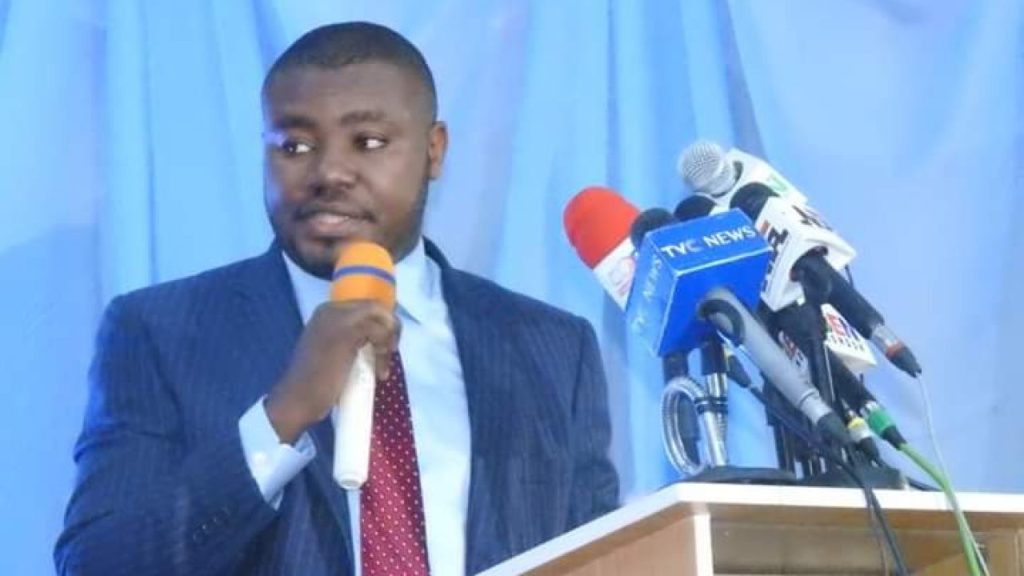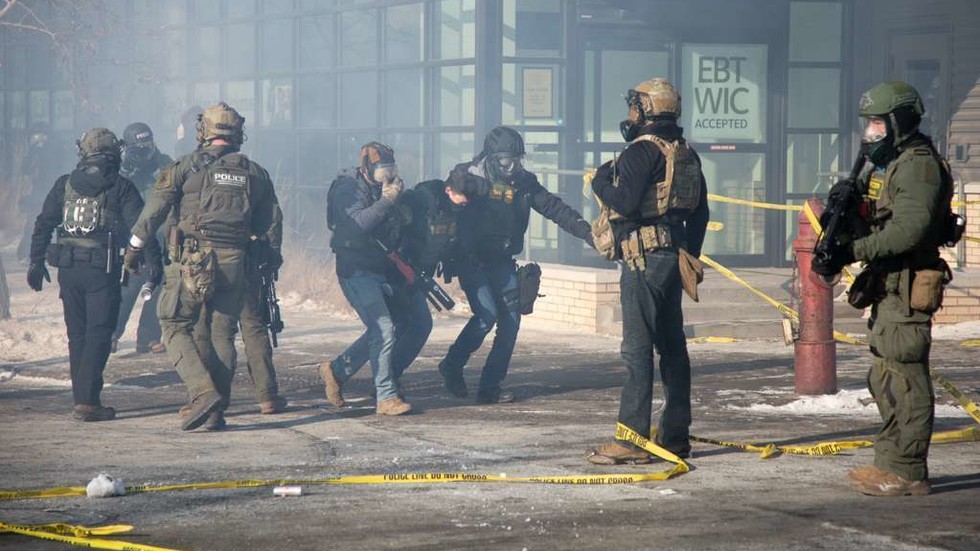President Bola Tinubu has given his approval for the payment needed to procure 12 attack helicopters for the Nigerian Army, according to the Chief of Army Staff, Lt.-Gen. Taoreed Lagbaja. This announcement was made during the opening of the maiden Nigerian Army Aviation Seminar in Abuja on Tuesday.
Enhancing Ground Troops’ Operations
The procurement of the 12 MD 530F Cayuse attack helicopters will pave the way for the operationalization of the Nigerian Army Aviation unit. This unit will enhance the agility, responsiveness, and efficacy of ground troops during operations. Additionally, it will contribute to the overall success of joint and coalition troops.
Lt.-Gen. Lagbaja explained that the army aviation unit is generally separate from a nation’s dedicated air force. However, it is typically equipped with helicopters and light support fixed-wing aircraft. He expressed appreciation for President Tinubu’s support in establishing an equipped aviation unit that will provide essential support to ground troops during tactical and operational engagements.
Learning from Other Nations
The experiences of countries such as the United States, Pakistan, Colombia, Egypt, Kenya, Ethiopia, and Uganda serve as instructive examples in the development of an effective army aviation arm. These countries have demonstrated success in countering contemporary security threats and providing vital support to ground forces. Taking this into consideration, the Nigerian Army revived its aviation aspiration in 2014.
Lt.-Gen. Lagbaja emphasized the willingness of the Nigerian Army to learn from the army aviation journeys of these countries, adapting their best practices to suit the unique Nigerian operational environment while avoiding their mistakes. He proudly reported that since 2014, the Nigerian Army has made significant progress in training pilots, aircraft engineers, technicians, and ground support crew.
Guiding Uncertain Future
The Nigerian Army has submitted its aviation outfit to the Nigerian Air Force for proper mentoring. The Nigerian Army Aviation Seminar serves as a platform for critical discussions regarding the future of the Nigerian Army Aviation unit. It aims to identify possible challenges the unit may face and propose innovative solutions.
Brig.-Gen. Musa Alkali, the Acting Coordinator of Nigerian Army Aviation, stated that the unit will play a pivotal role in bolstering ground operations and addressing the existing security challenges facing the nation. He highlighted the significance of the seminar in the continuous efforts to fully operationalize the aviation unit.
The seminar’s discussions and insights are expected to strengthen the capabilities of the Nigerian Army Aviation unit through capacity building, infrastructure development, and the acquisition of cutting-edge platforms and technologies.
NAN



